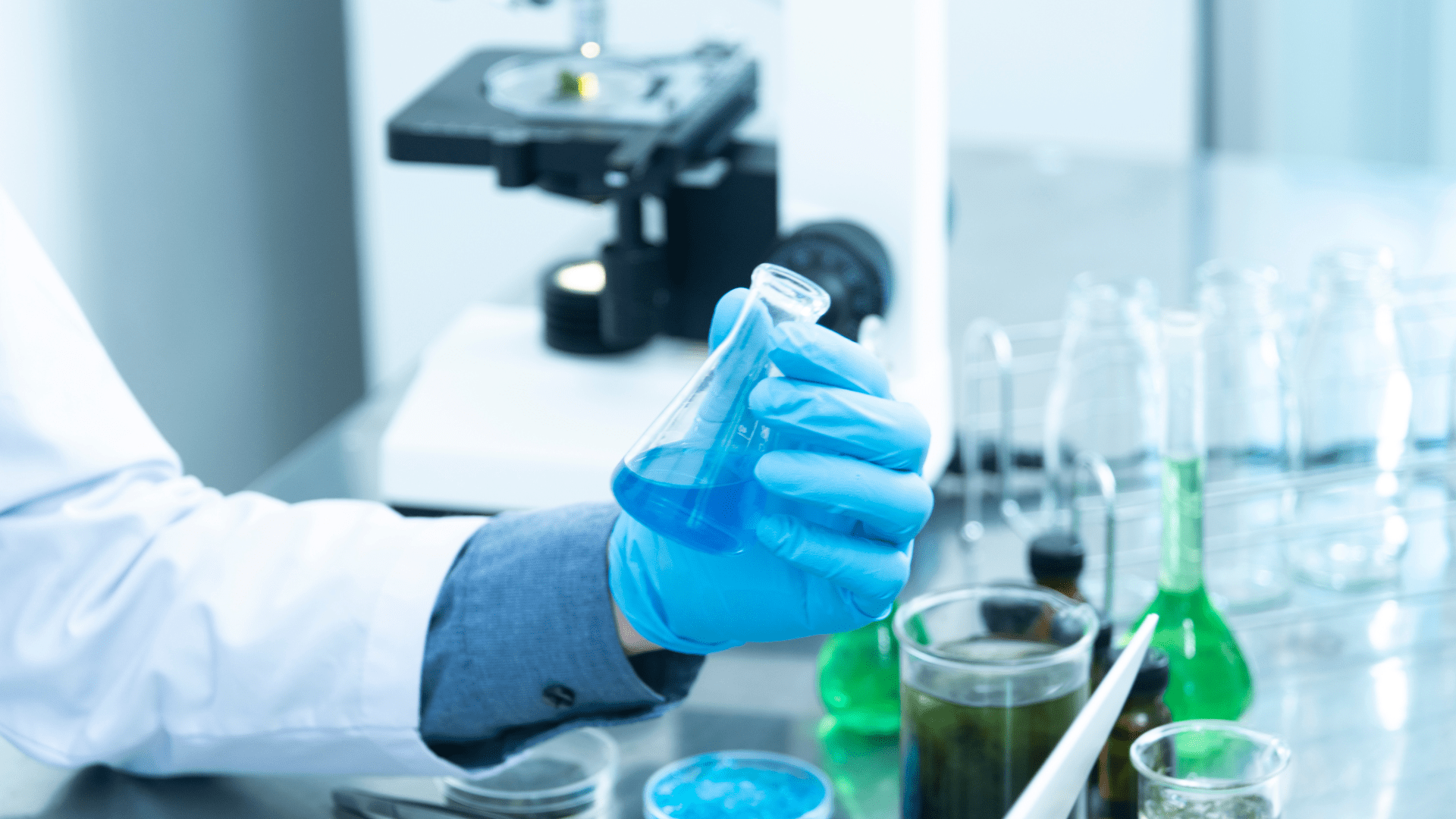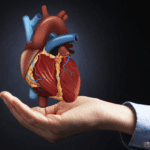Biochemistry is the study of the chemical components of living organisms and their functions. Biochemistry investigates the structure, function and interactions of biological molecules such as proteins, nucleic acids (DNA and RNA), carbohydrates, lipids and metabolites, which are the building blocks of cells.
Some of the main objectives of biochemistry are:
- Molecular Structure and Function: Biochemistry works to understand the structures of biological molecules and how these structures function. For example, the amino acid sequences and folding of proteins determine the catalytic activity of enzymes.
- Metabolism Biochemistry investigates the metabolic pathways and energy production in cells. Metabolic processes such as digestion of food, energy storage, anabolic and catabolic reactions are of interest to biochemistry.
- Genetics and Molecular Biology: Biochemistry helps us understand how genetic information is stored and transmitted by studying the structure and function of DNA and RNA. Processes such as gene expression, protein synthesis and gene regulation are the focus of biochemistry.
- Drug Development and Therapy: Biochemistry plays an important role in the drug discovery and development process. Biochemical studies are conducted to understand the mechanisms by which drugs interact with target molecules and to determine the efficacy and side effects of drugs used in the treatment of diseases.
- Biotechnology and Biomaterials: Biochemistry is also used in biotechnology. Biochemical principles and techniques are applied in areas such as genetic engineering, protein production, biosensors and the design of biological materials.








